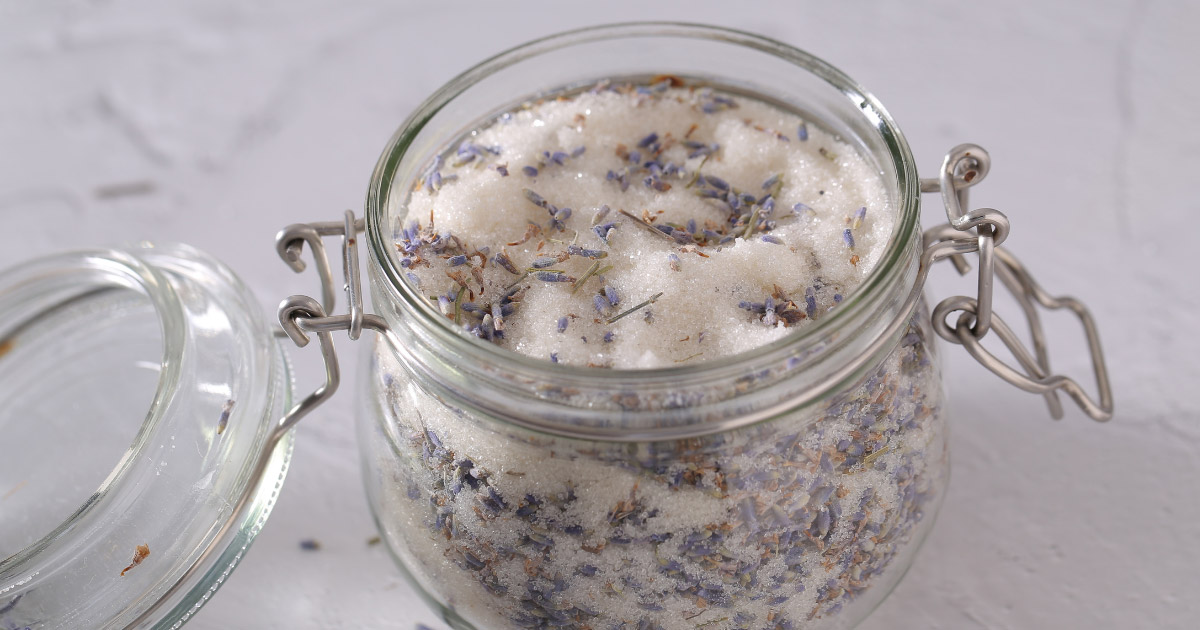Can I Substitute Different Kinds of Cedarwood Oil for Each Other?

Bask in the aromatic delight of Cedarwood oils!
From the towering Himalayas to the vast Texan plains, Cedarwood oils are as diverse and fascinating as the landscapes they originate from. Understanding the world of Cedarwood oils might seem like an overwhelming expedition, but fear not! I'm here to be your guide.
How do you choose the right kind of Cedarwood essential oil for your purpose?
I'm so happy to help clear things up for you! I've been teaching about essential oils since 1998, and Cedarwood has been a long-time friend for me.
In this post, I'll talk about 3 popular kinds of Cedarwood oil:
And then I'll give you a Cedarwood essential oil closet spray recipe!
Aromatically, there are a few differences between these 3 kinds of Cedarwood oil:
Cedrus deodara's scent is woodsy, with a slightly sharp, balsamic note.
Cedrus atlantica has a rich, woody, smooth aroma that's popular in perfumes (especially scents for men).
Juniperus virginiana has a soft, sweet, comforting, woodsy aroma that's also popular in perfumes. (Try this Woodsy Perfume balm I created for a YouTube video!)
These 3 different kinds of Cedarwood oil are all great substitutes for one another!
These three aromatic maestros of Cedarwood, despite their distinct personalities, harmonize brilliantly with each other. They're skin-friendly, potent in respiratory support, splendid relaxants, infection fighters, inflammation soothers, and bug deterrents. Each is unique yet perfectly interchangeable in your Aromatherapy repertoire.
Juniperus virginiana, though not an "official" Cedarwood, is a Juniper variant, sharing the plant genus with Juniper Berry, Juniperus communis. However, its aroma is a Cedarwood tribute and it shares a close camaraderie with the Cedarwoods. (Imagine them enjoying a harmonious holiday together...)
I particularly endorse Juniperus virginiana for children owing to its gentle potency that soothes without overpowering. Essential oils are best used topically for children aged 5 years and above.
Fear not if you're out of Juniperus virginiana! Feel free to interchange it with another Cedarwood variant. They're all beautifully gentle. Cedarwood is celebrated for its natural ability to deter bugs, especially its efficacy in repelling pesky closet invaders like moths.
Let's brew a delightful Cedarwood spray that not only protects your clothes but also transforms your closet into an aromatic haven.
3 Cedars Closet Spray
4 fl oz (120 ml) water
13 drops Cedrus atlantica essential oil
13 drops Cedrus deodara essential oil
13 drops Juniperus virginiana essential oil
6 ml Solubol (dispersant)
Make this blend in a 4 oz (120 ml) glass spray bottle.
Combine the water, Solubol, and essential oils and shake gently.
Transform your closet with a few spritzes, enveloping your hanging clothes and drawers with this fragrant shield. However, steer clear of materials that aren't water-friendly (like leather or suede). Refresh this blend every few weeks as it doesn't contain a preservative.
Remember, if you're missing a Cedarwood oil in this recipe, feel free to substitute with another kind. Let them transport your closet to a lush, aromatic forest. Enjoy your aromatic adventure!
Gain the knowledge and skills you need to make therapeutically effective essential oil blends! The Aromatherapy Certification Program provides you with the highest-quality aromatherapy education available so you can feel 100% confident in your ability to use your essential oils safely and effectively. You’ll gain the expertise needed to create blends for others – and even transform your career!





